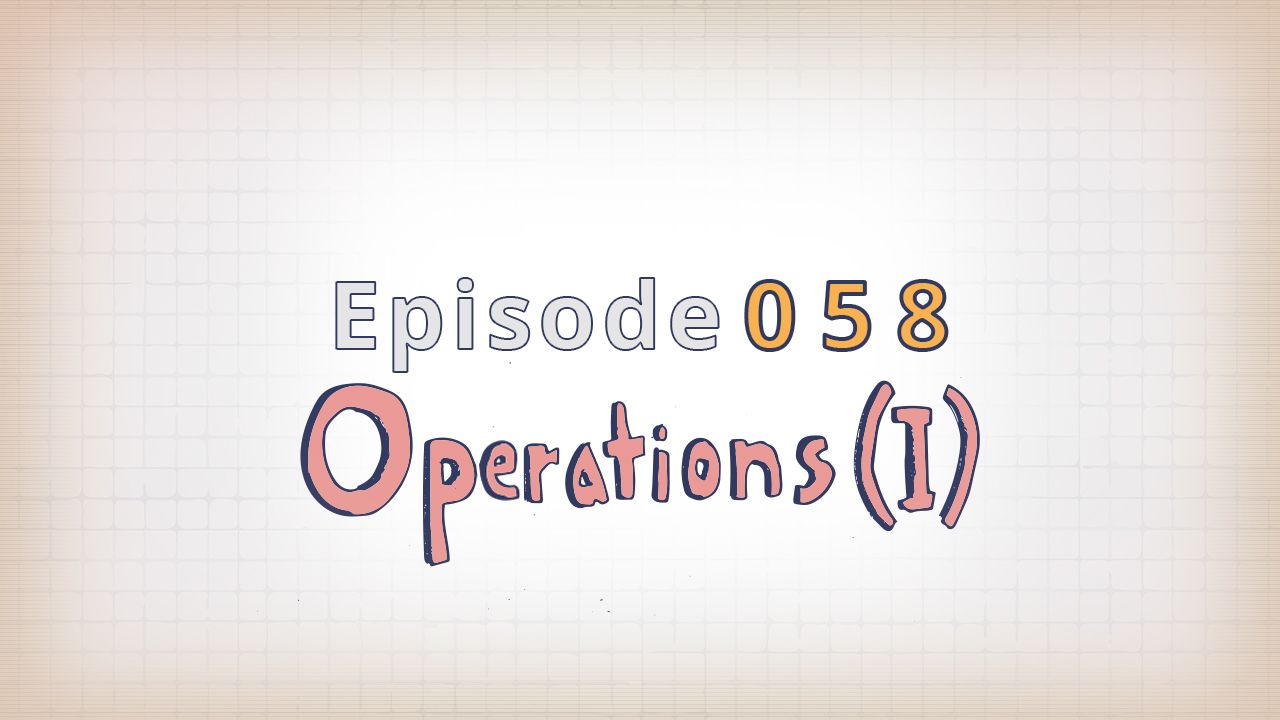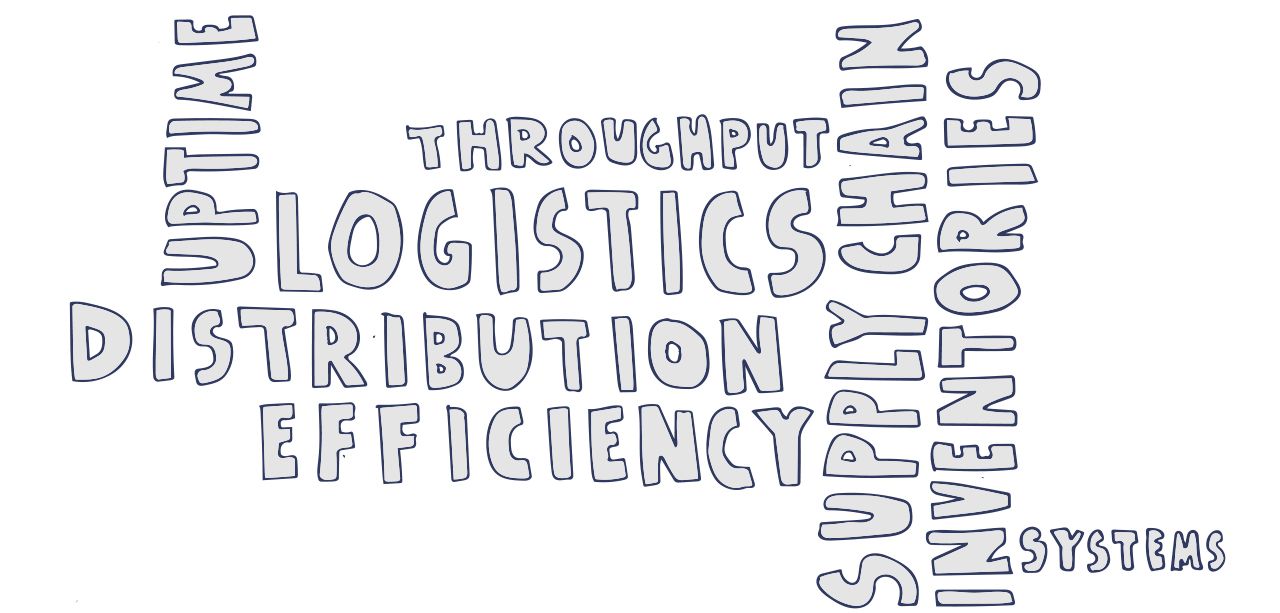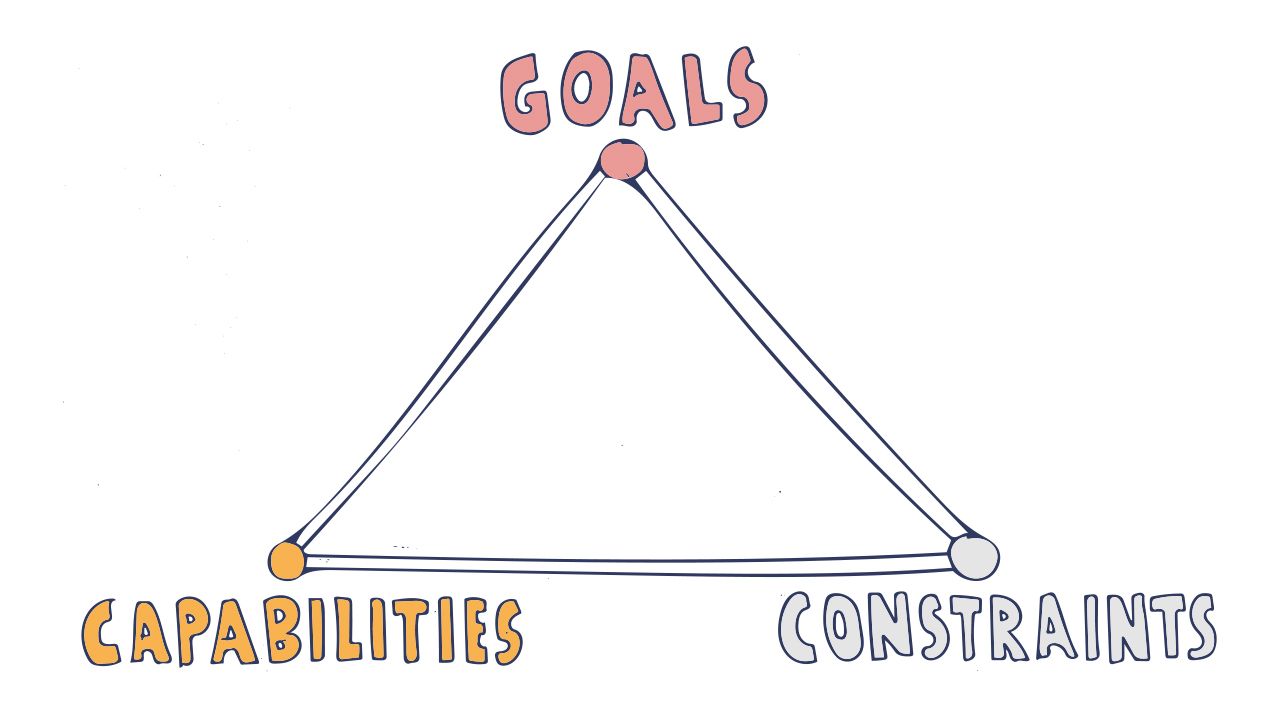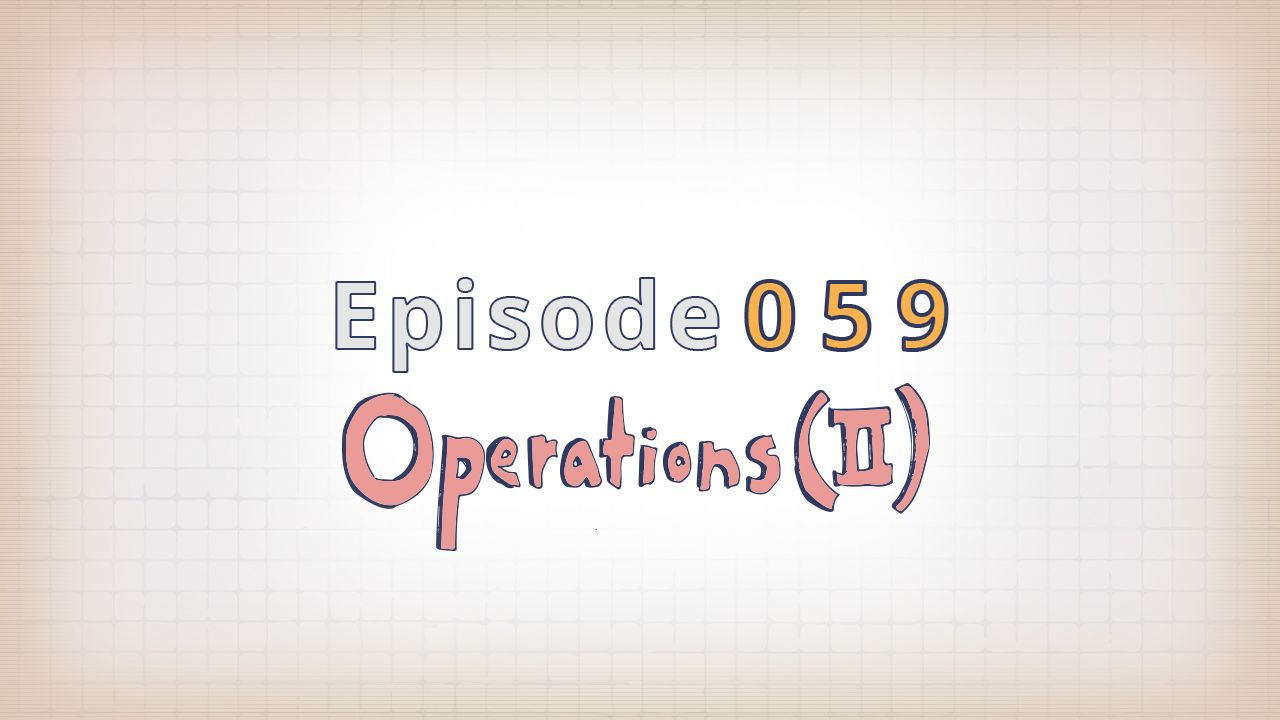058: Operations (I)
WTF is Operations Management?

What comes to mind when you hear "Operations"?

Maybe you think of assembly lines or the military. Those were my initial associations, at least.
But I'll argue here that the fundamental principles of Operations Management apply to basically everything.


Operations helps explain why hospitals use ER triage to sort incoming patients. Why the Roman empire invested so much in road infrastructure. And why a snowstorm in Chicago might delay your flight the next day out of Atlanta.
Plus, many of these ideas can also be extended to one's personal life.
First, a story
I used to work for the COO of a small design firm. He once told me:
If we do our jobs well, we'll become invisible. People will have what they need, with minimal distractions or disruption. It's only when things aren't running smoothly that people tend to notice Operations."
I think about this often.
- Bad Operations = conspicuous
- Good Operations = invisible
When an experience is seamless, the mechanics behind it disappear.
When people have access to intuitive tools and systems that help them achieve their goals unencumbered, they think "this is just the way things should be". But the moment something deviates from expectations, it's immediately obvious and irritating.
Operations can be thankless.
But it's vital.
Defining terms
What exactly is Operation Management?
In a business context, I view it as the art and science of moving from strategy into execution. The nitty-gritty details required to effectively bring an idea to life.

At some point, every plan enters the messy real world.
Operations is what happens between the tidy project memo (or PPT deck) and its practical, imperfect, hands-on implementation. Between the recipe and the meal. The rehearsal and the performance.

Inevitably, there are tradeoffs.
As plans manifest, tensions emerge between an organization's goals, capabilities, and constraints.
- What are we aiming for? (Why?)
- What strengths and resources do we have?
- What practical limitations do we face?

Maybe you've heard this joke:
You can do something fast, cheap, or well. But not all three at once."
Good systems can help make these decisions more intentional and less chaotic.
The people side
In services businesses, Operations is fundamentally about people.
While early management "scientists" focused mainly on manufacturing settings, services are very different. People require unique strategies and considerations. We'll revisit this topic later.
To be continued...
Next Monday, I'll share my condensed Operations takeaways. We'll cover concepts like bottlenecks, variability, and slack capacity.
You'll also learn how these lessons might apply to your day-to-day life.
Stay tuned!
Update :
The sequel is out!

Related :


